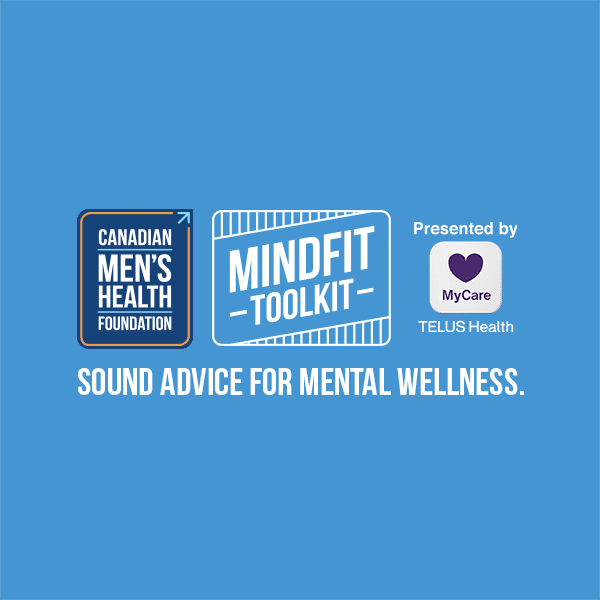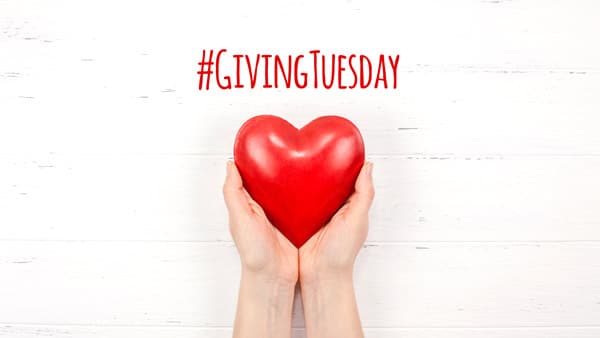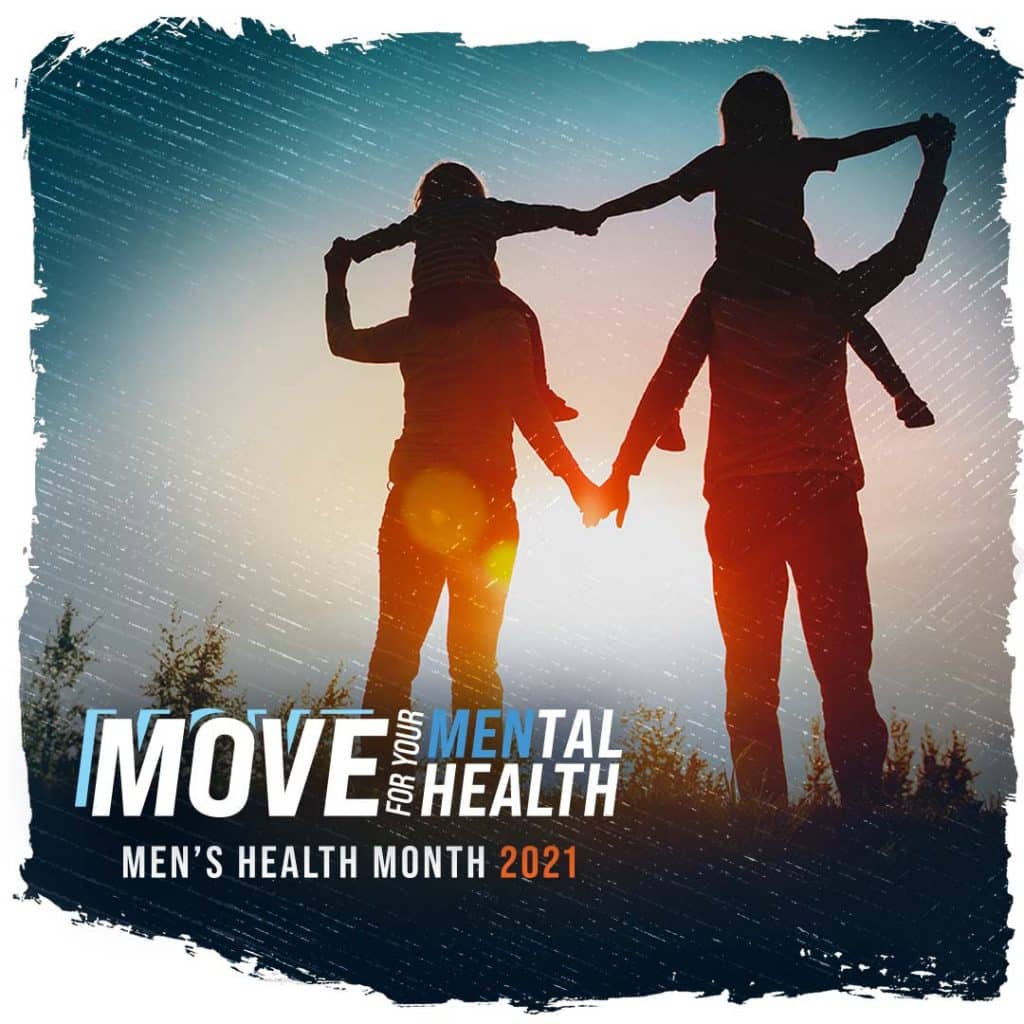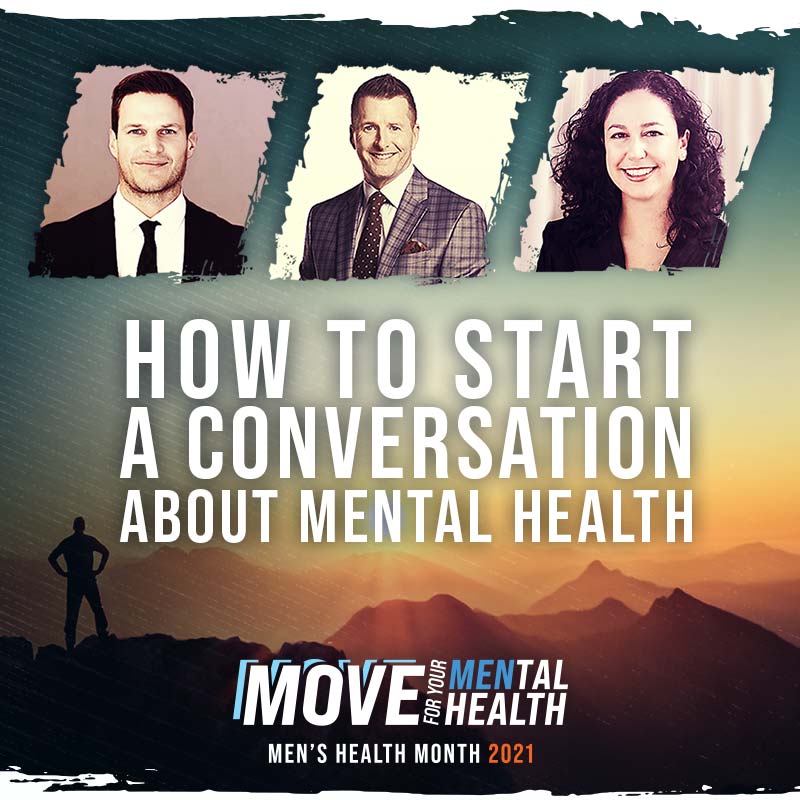As the President & CEO of the Canadian Men’s Health Foundation, I am committed to living the values of our Foundation. On June 10, 2023, I will take on Seek the Peak, a 15-kilometre sea-to-sky adventure race, as part of our month-long campaign, Move For Your Mental Health. This race will test my physical fitness, stamina, and mental strength.
As someone who has lived with anxiety for over 40 years, this will be a challenging yet rewarding experience where I aim to raise $10,000 to support an ongoing partnership with Anxiety Canada to run a MindShift group therapy program exclusively for men.
CMHF and Anxiety Canada successfully launched the first pilot project in January 2023, and the program provided a trusting and comfortable environment for men to improve their mental health. Over 8 weekly virtual meetings, registered clinical counsellors use evidence-based cognitive behavioural therapy (CBT) to support men with mild to moderate anxiety to find relief.
The two greatest tools I have had for my anxiety over the last several decades have been exercise and therapy. The reality is that not everyone has the means to access the support they need, and CMHF and our generous partners are committed to changing that. Your donation will enable more men to gain access to these groups who might have been unable to do so otherwise.
Seek the Peak Goal
Why I am participating in the Seek the Peak
The saying ”you need to get comfortable being uncomfortable” resonates with me.
I like a challenge, and I find as I have gotten older, I am more willing to try hard things and test myself. Even on my toughest days, the training takes many of the bad feelings away. I also want to use this opportunity to raise awareness of men’s mental health—that men can still live life to the fullest and do rewarding things while we manage our mental well-being.
My personal journey with anxiety
My own journey with anxiety has been hard, to be honest. I’ve lived with anxiety most of my life as a result of my childhood experiences. At times throughout the last 40 years, it has been milder; at other times, it has been more intense.
When I was much younger, I didn’t know what anxiety was or what you would call it. But looking back, it was clear what I experienced was anxiety. As I got older, I became more aware of the challenges anxiety presented, especially when life stressors became a reality. When the symptoms became more intense, I realized I needed to find ways to see improvement.
I have been committed to finding coping strategies, and one of my coping strategies is exercise. I work out every day for my mental health, like taking my dog out every morning for a walk. You can listen to my story on the Don’t Change Much podcast to learn more about my experience with physical activity and mental wellness.
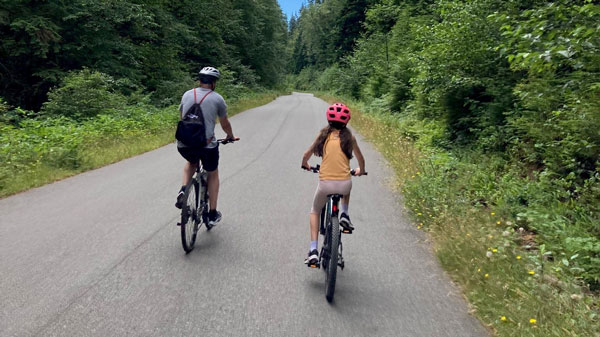
How therapy has helped me
About 10 or so years ago, I realized I needed more resources to support me. I understood I could no longer figure it out just on my own.
I have been going to the same therapist for over 10 years, and the progress we have made together has had a significant impact on me. We have moved past most of the things we initially started working on, thanks to the committed effort we’ve put in. This has allowed us to make additional discoveries and focus on things that have been even more difficult but very impactful.
One thing that has evolved over the last decade was if I had a previously scheduled therapy session and at the time, if things were ”going well,” I would cancel the appointment. I have not done that now in several years. Even if things seem to be going well at the time, I keep my scheduled session.
Having someone to talk to that knows my history and can hold me accountable has been really beneficial. The sessions have become educational and offer a safe place to discuss anything. I have enjoyed that cadence in my life and am doing what I can to help make talk therapy accessible to more men.
Men don’t openly talk about their health, and I want to lead by example.
Dr. David Kuhl once asked me why I am so open and comfortable sharing my anxiety issues. My late friend, Rick Rypien, who had a goal of helping young people struggling with their mental health, inspired me. We lost Rick on August 15, 2011, to his mental health, but his commitment to helping others still resonates with me today.
I know how challenging living with a mental health issue can be, despite the fact that other aspects of my life are rewarding. By sharing my experiences with other men and families, I hope more men will recognize the need for self-care and take charge of their mental health.
Please consider donating to support men’s mental health
My goal is to help spread the word about men’s mental health and help more men access mental health resources. By supporting my donation goal of $10,000, you are helping to give more men access to the mental health resources they need. Healthy men make healthy families and communities.


